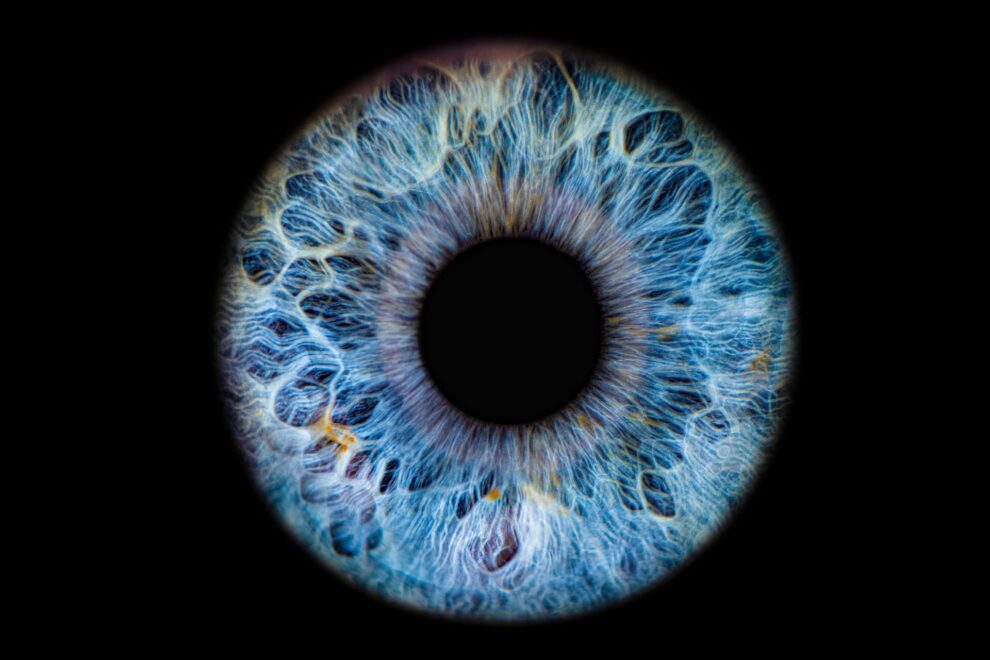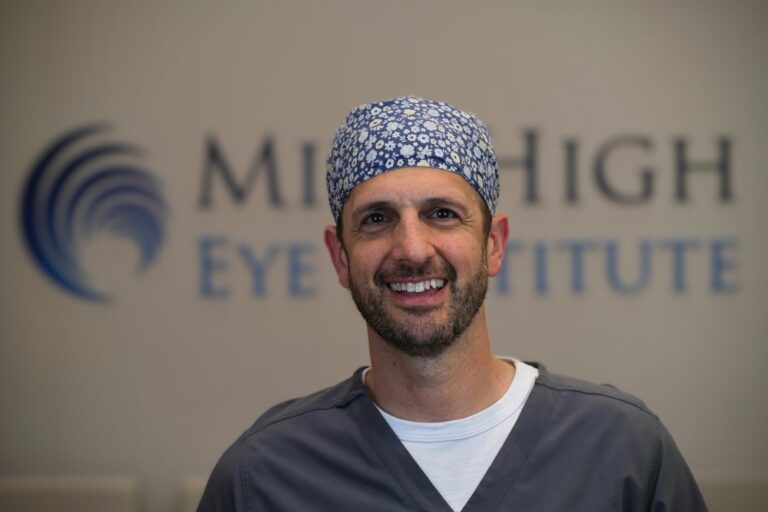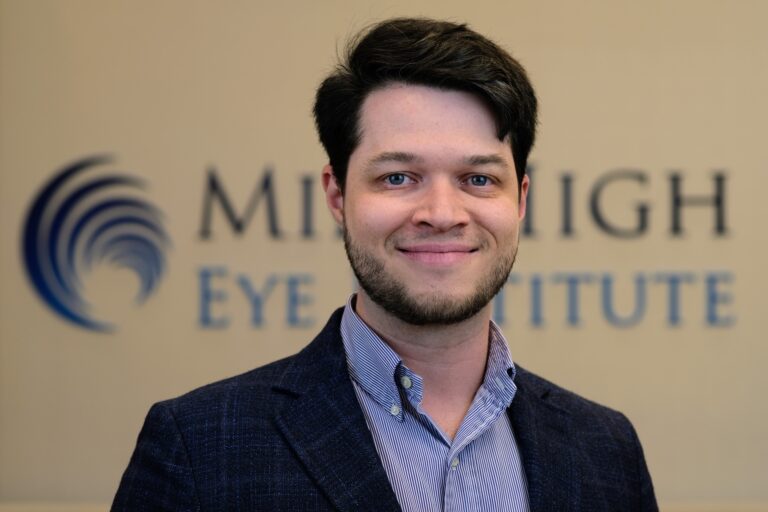
What is PRK?
Photo refractive keratectomy, or PRK, is a form of laser eye surgery that corrects refractive eye disorders, including nearsightedness, farsightedness, and astigmatism.
Similar to laser in-situ keratomileusis (LASIK), this minimally invasive procedure reshapes the cornea. The primary difference between the two procedures is that LASIK involves creating a small flap in the cornea, while PRK doesn’t.
What Can I Expect From PRK Surgery?
During the PRK procedure, the team at Mile High Eye Institute removes the epithelium of the cornea before using a special computer-controlled laser to carefully remove tiny sections. This process effectively reshapes the cornea, allowing any light passing through to travel directly to the back of the eye for improved visual clarity.
The entire procedure takes just a few minutes per eye. At the end of your procedure, a clear contact lens is placed that helps improve patient comfort during the healing process. The surface layer of your cornea regrows during that time, and the team removes the protective contact about three to five days after the procedure.
Like LASIK, you must have someone drive you home after PRK. Having a trusted friend or relative to monitor you after the procedure also helps prevent complications.
Though PRK and LASIK are similar, PRK takes more patience during the healing process. Your vision will be blurry and fluctuate for the first two weeks. We perform PRK on Friday’s and recommend you take the next week off of work as your vision will fluctuate, you will be light sensitive and have a foreign body sensation. Discomfort is very common after PRK, especially around day 3-4, along with pain medications we recommend cold compresses. Comfort will improve as the eye heals
Am I a Good Candidate For PRK?
You may be a good candidate for PRK if you:
How is PRK Different From LASIK Surgery?
PRK eliminates the need to create a flap at the beginning of the procedure, which removes a surgical step. However, unlike LASIK, PRK requires that you wear corrective lenses for a few days after the procedure to protect your cornea against damage.
Both procedures are minimally invasive and offer high success rates. Once you heal from surgery, you may not have to wear corrective eyeglasses or contacts at all.


